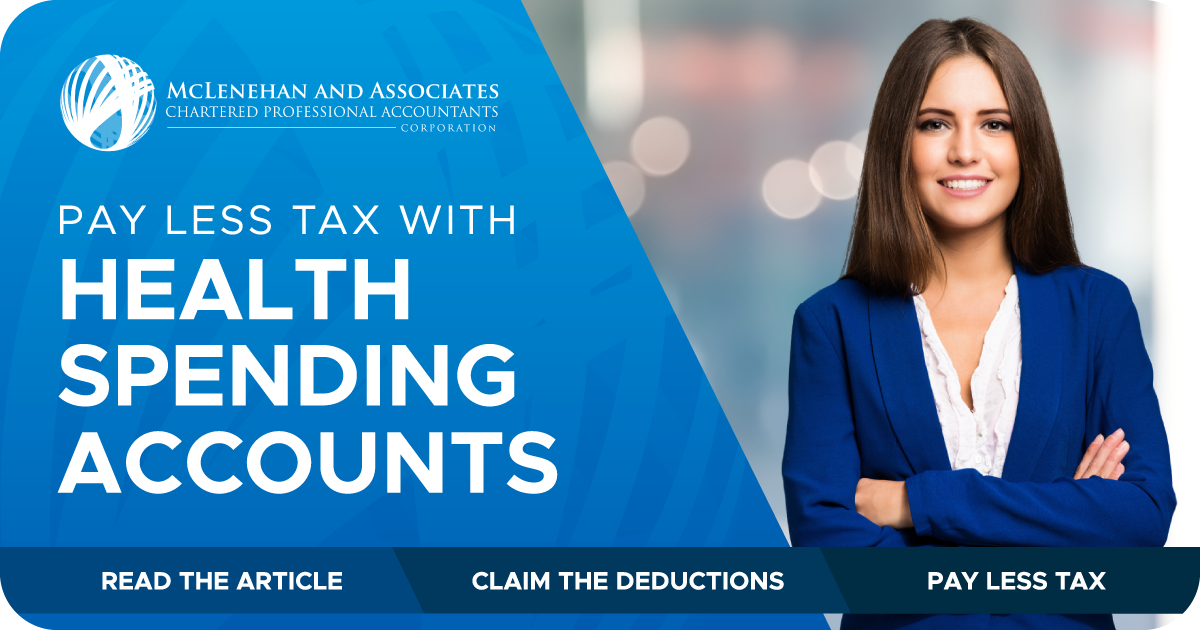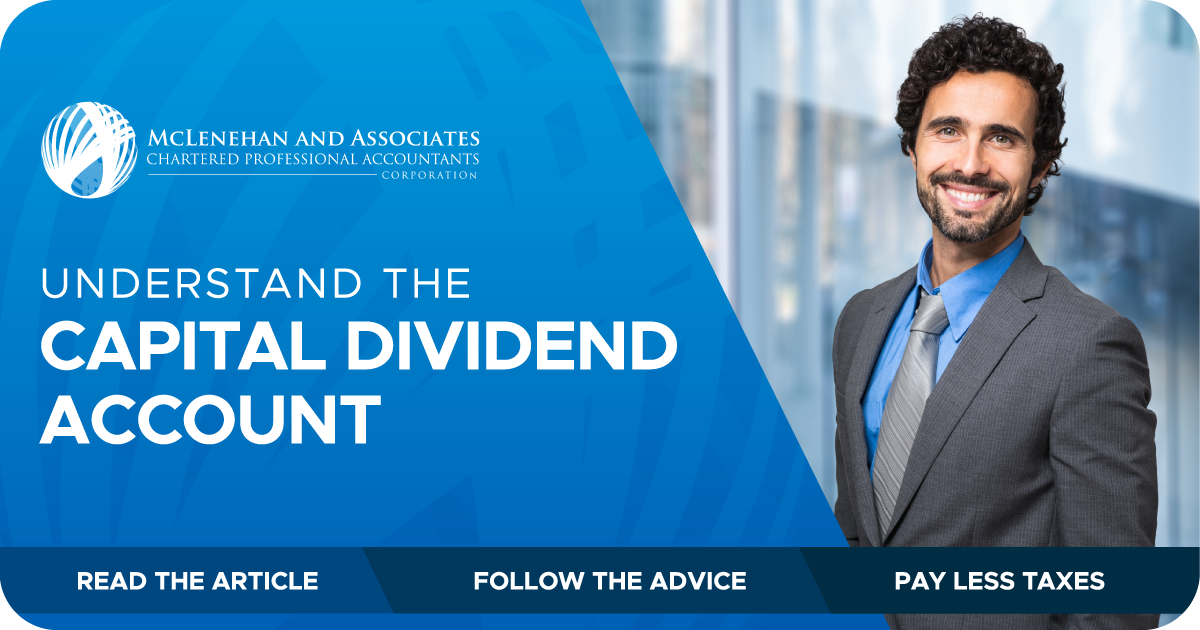Pay less tax with Health Spending Accounts?
A Health Spending Account is a cost-effective alternative or supplement to traditional health insurance. A Health Spending Account can turn your...

Your accountant is about to retire.
In a recent member survey the average age of a public practice accountant in Manitoba was found to be 56 years old. That means that half of practitioners will be retiring in the next 10 years and half of small business owners will need to find a new accountant.
Hiring an accountant is no longer just about finding someone who can crunch the numbers and maximize your tax refund. You want to find a trusted advisor – someone who can help you to make good decisions, based on information drawn from accurate data and informed by broad business knowledge.
Here are 10 tips to consider when you start looking for your next great accountant:
There is one accounting designation in Manitoba – the Chartered Professional Accountants of Manitoba. This makes it easy for you to identify whether an accountant has received formal training and achieved a professional designation. Any CPA that you speak to endured years of formal training, intense and comprehensive examinations, and a practical experience assessment prior to being granted their CPA designation. The CPA designation should be a minimum requirement when evaluating a potential accountant.
Figure out whether you just need an accountant to prepare your financial statements and file your taxes, or someone who can give advice and help you grow your business. The range of services provided by accountants can be diverse and not all accountants can provide the same services. Find out if your perspective accountant can meet all of your needs and expectations.
Your personal and professional networks are a great place to begin your search. Ask the people you know who they are currently using, what they like about their accountant, and whether that professional is accepting new clients.
You may need to be in contact with your accountant throughout the year. Some accountants are willing to provide around-the-the clock service for clients. Some accountants work in larger firms that take a team-based approach to serving their clients. Will the accountant you are interviewing be the accountant who will handle your file and prepare work for you? You need to be comfortable with who you are dealing with and the level of service being provided.
Most accountants charge by the hour (between $150 to $250 per hour, depending on their duties). You’ll want to find out what those fees include. Bring a copy of your prior year financial statements and corporate income tax return and see if they can give you an estimate of cost for their services.
An accountant who has established themselves should have a few clients that are willing to provide a great reference. Ask to speak to current clients who would be willing to give an endorsement.
It isn’t a deal breaker if an accountant has not owned their own business, but it can be a benefit. Your accountant is going to provide you with a lot of advice throughout your relationship, but is that advice based on what they have read in a book, or have they actually learned from their own business failures and success.
Paperless accounting saves time and money. Find out whether your accountant operates a paperless office and can send and receive electronic documents at a moment’s notice. You might gauge how technologically savvy an accountant is by whether the firm has a website, and if they use social media networks such as LinkedIN, Facebook, and Twitter.
Try to find an accountant who is not overly aggressive, but can be creative while working within the rules. Ask how they would treat certain deductions, income, or strategies. Some accountants can be aggressive in their tax planning, which can put you and your business at risk.
Some accountants have newsletters and blogs that keep their clients informed. Look for an accountant who will provide you with information when they come across an idea, concept, or article that could be of interest or benefit to you.

A Health Spending Account is a cost-effective alternative or supplement to traditional health insurance. A Health Spending Account can turn your...

Incorporated small business owners may be able to take tax-free cash out of their corporation through the capital dividend account.

You can deduct your vehicle expenses if you normally work away from your place of business. There are two accepted methods for owners of...